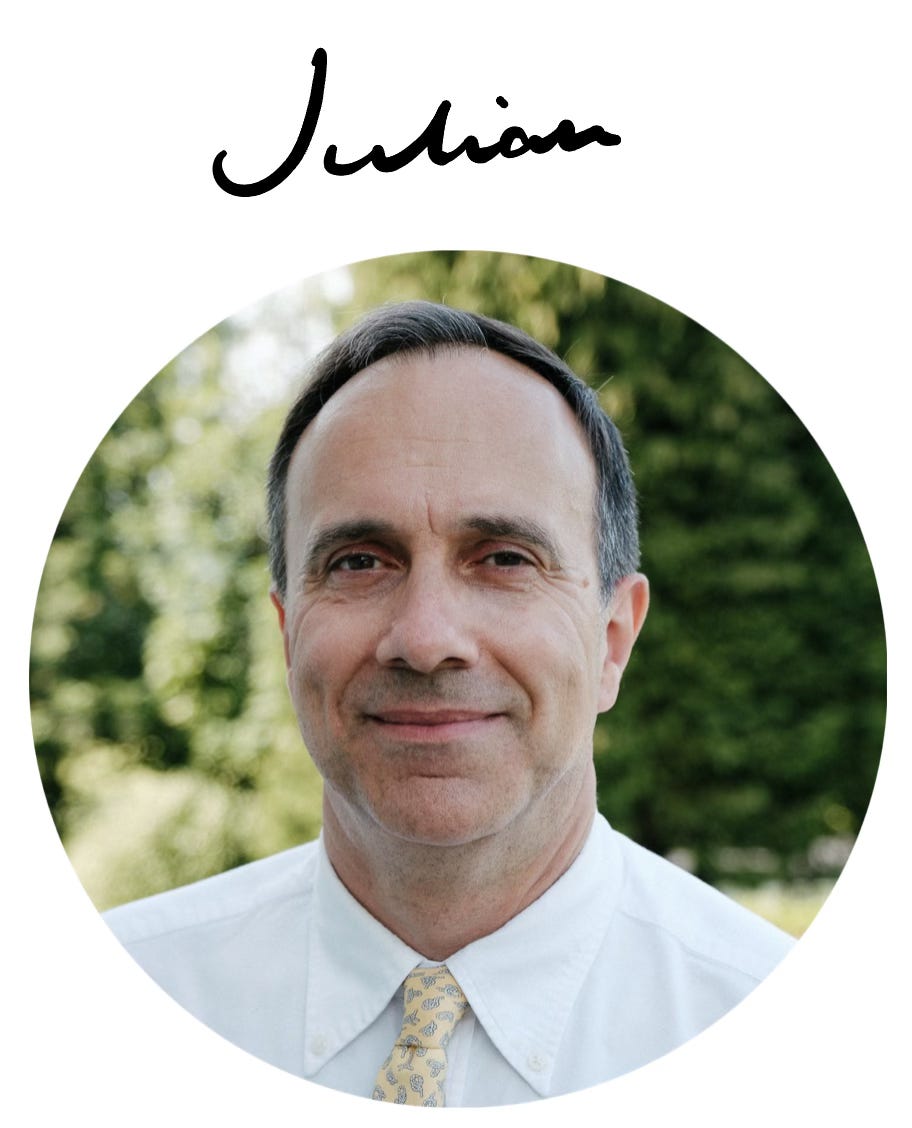181: A bowl of sunny lemons
Deborah Levy, David Baddiel, close reading, slowness, Carol Atherton & Seamus Heaney. And much more.
Keep reading with a 7-day free trial
Subscribe to The Fortnightly from Julian Girdham to keep reading this post and get 7 days of free access to the full post archives.




